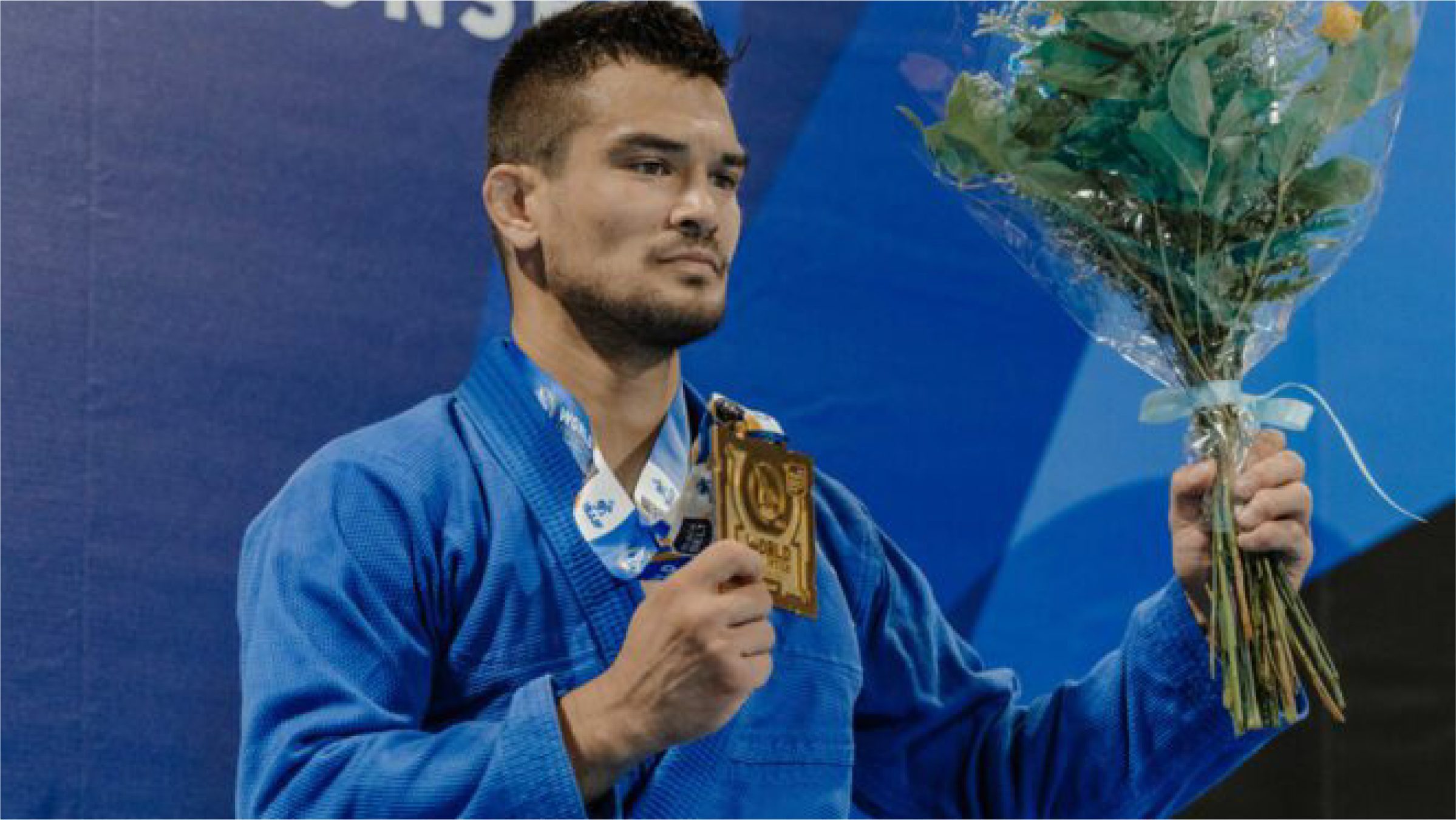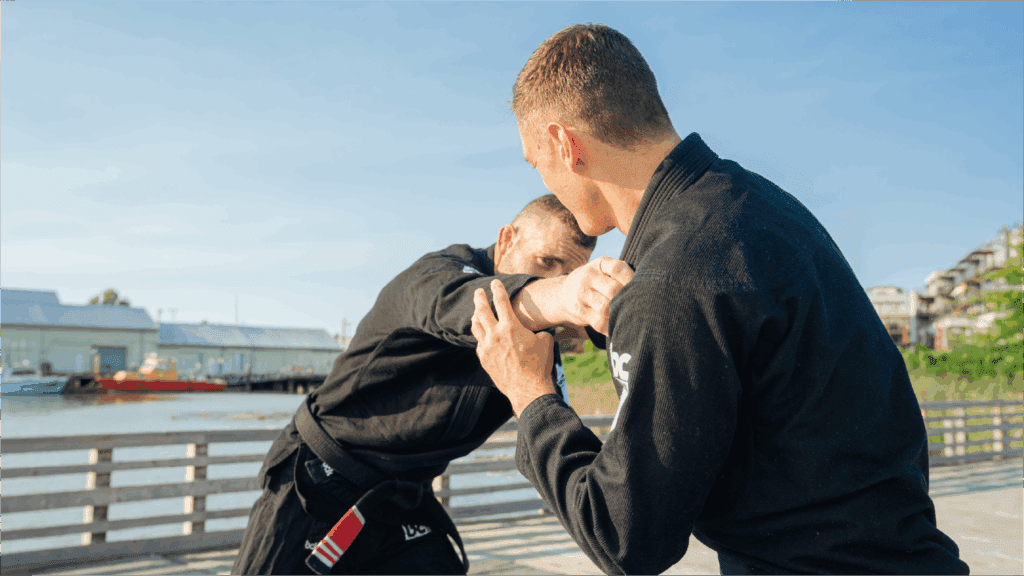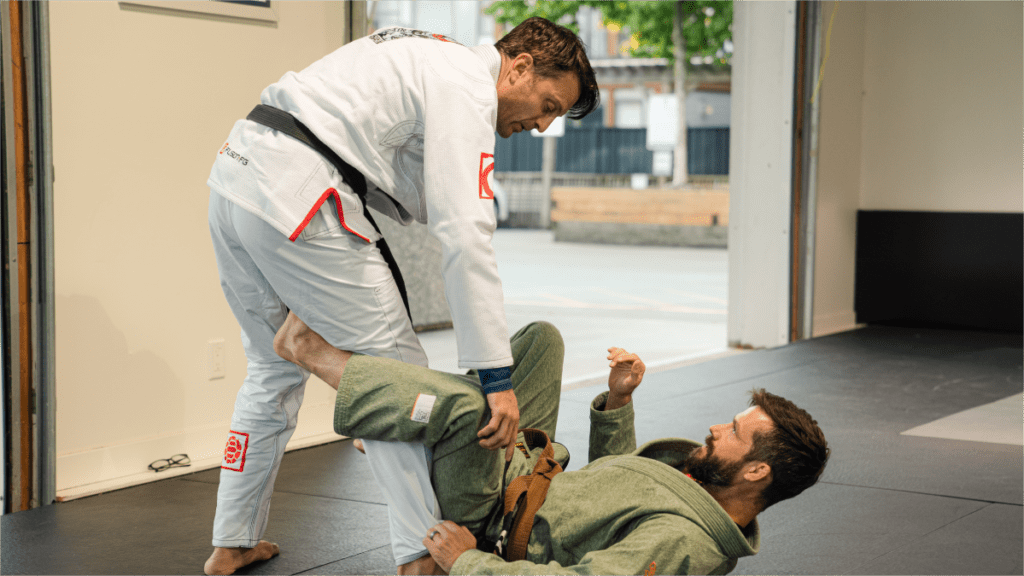This is a question that has intrigued and motivated many aspiring athletes in the realm of Brazilian Jiu-Jitsu (BJJ). Having had the privilege to spend time with some of the best jiu-jitsu athletes in the world, I’ve gained insights into their journey and the factors that contribute to their success. While hard work is undoubtedly a fundamental aspect, there are several other crucial elements that play a significant role in shaping a world champion. Let’s delve deeper into the schedule and practices followed by BJJ athletes who aspire to become world champions:
Training Schedule
A typical training week for a dedicated BJJ athlete revolves around consistent and intense sessions. They often start their days with morning or afternoon classes, followed by several hours of specific training. This specific training is where the magic truly happens. As discussed in an earlier blog, it involves delving into the minutiae of each position and dissecting it to uncover its nuances and intricacies. It’s a relentless pursuit of understanding the “what if” scenarios: What if my opponent grips here? What if I grip the sleeve with this slight variation? These inquiries help refine techniques, build adaptability, and enhance problem-solving skills on the mat. However, the training doesn’t end there. After a brief break for lunch and rest, BJJ athletes gear up for evening classes and more training. This rigorous routine ensures consistent exposure to different training partners, styles, and challenges, fostering continuous growth and improvement.
Strength and Conditioning
To complement their technical prowess, BJJ athletes also focus on strength and conditioning. They dedicate 2-3 sessions per week to weightlifting, aiming to build strength and power. Additionally, they pay special attention to active recovery for any injuries sustained during training, promoting healing and maintaining overall physical well-being. Understanding that a sound body is vital for peak performance, they incorporate various recovery methods, such as sauna sessions and cold plunges, into their routine to aid in muscle relaxation, inflammation reduction, and overall recovery.
Nutrition
Fueling the body with the right nutrients is crucial for optimal performance. BJJ athletes understand the importance of dialing in their diet to support their training demands. They prioritize a protein-rich diet, targeting an intake of around 2.0 grams of protein per kilogram of body weight per day. This protein intake helps repair and rebuild muscles stressed during training, aiding in recovery and growth. Additionally, they maintain a balanced diet, focusing on whole foods, complex carbohydrates, healthy fats, and hydration to provide the necessary energy and nutrients for their intense training sessions.
Opponent Analysis
To gain a competitive edge, BJJ athletes also invest time in studying their opponents. They meticulously analyze their potential opponents’ matches, studying their tendencies, strengths, and weaknesses. This focused study allows them to develop strategies, identify openings, and refine their game plans to exploit any vulnerabilities they may encounter in competition. By being well-prepared and informed, they can adapt their techniques and approaches accordingly, increasing their chances of success. In conclusion, becoming a world champion in jiu-jitsu requires a multifaceted approach. Hard work, dedication, and consistency form the foundation, but it’s the combination of meticulous training, strength and conditioning, proper nutrition, and opponent analysis that truly sets world-class BJJ athletes apart. By integrating these practices into their daily lives and committing to constant improvement, aspiring champions can strive to achieve their goals on the mats.
Advantage’s Commitment to Your Goals
At Advantage, our primary focus is helping you achieve your goals. Take the time to refine your techniques by studying the nuances and intricacies of each move. Don’t rush through positions; instead, experiment with variations and seek guidance from instructors and experienced training partners. Additionally, pay attention to your training partners and opponents during rolling sessions. By observing their tendencies, strengths, and weaknesses, you can develop effective strategies and adjust your game plan accordingly.
Remember, progress in jiu-jitsu is a personal journey, and every small step counts. By incorporating these tips into your training and lifestyle, you can make significant strides toward your goals. At Advantage, we are here to support you every step of the way.
Get Started with Jiu Jitsu
If you’re looking to get into Jiu Jitsu, or you’d like to come try out a class, we’d love to have you! Check out our what to expect page, and book your first class FREE!




